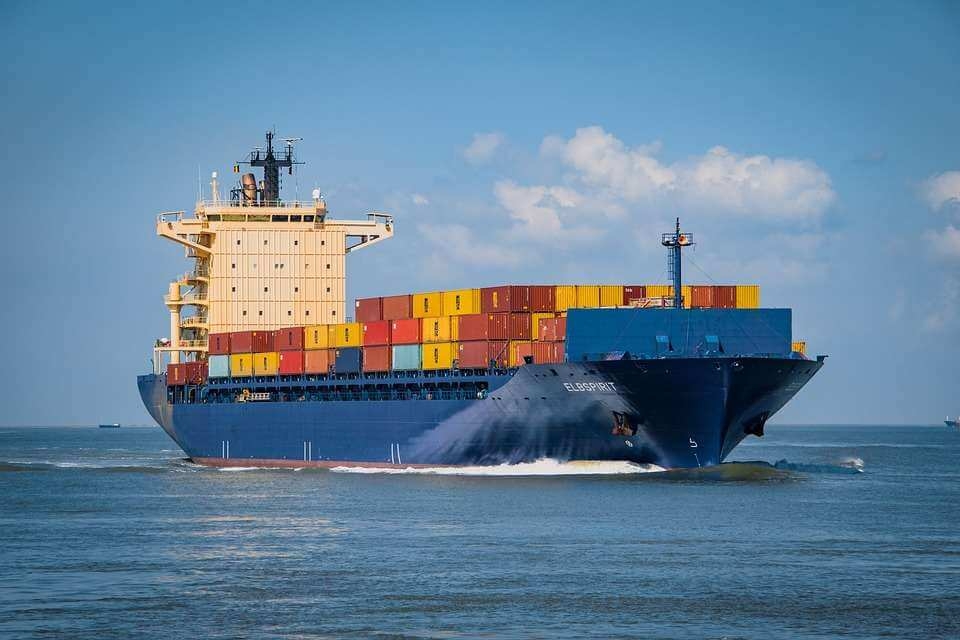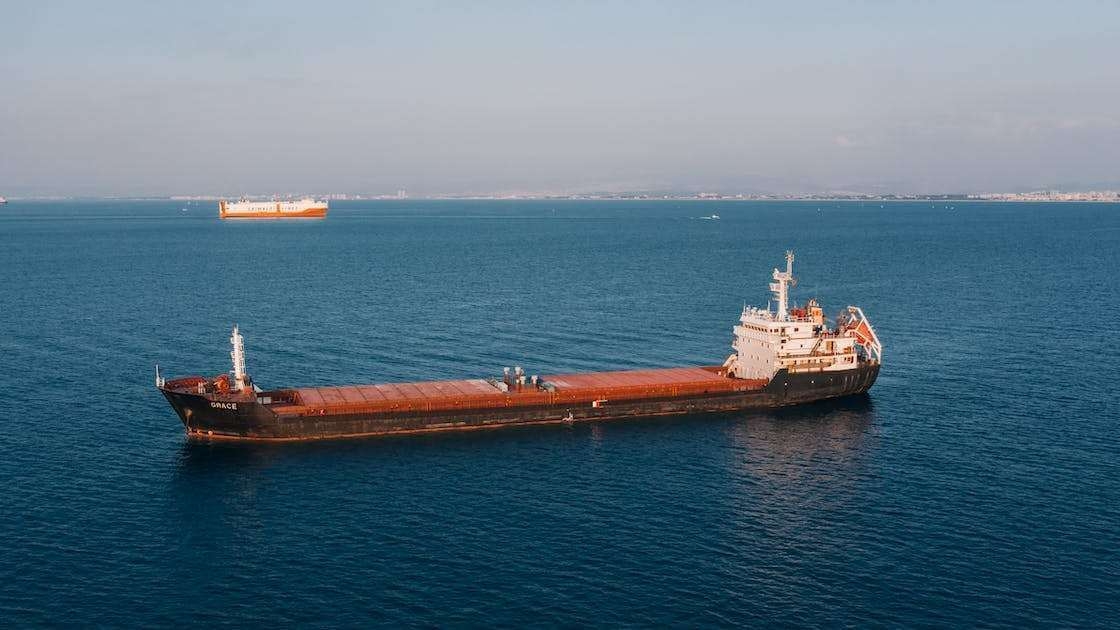Shipbuilding & ship sale
VIETNAM: Ship sale and purchase
Regarding the purchase and sale of ships with other sources of funding, not state funding, Vietnamese law regulates that its form and process shall be subject to decisions of enterprises, organizations or individuals concerned. In which, ships to be purchased and sold must satisfy the conditions on maritime safety and security and environmental protection in accordance with the law of Vietnam and international treaties to which Vietnam is a signatory.
In other words, parties to the contract are free to determine the form and process of the ship sale and purchase. In connection with the content of the ship sale and purchase contract, there are not special regulations about this matter. As a result, commercial law and relevant laws will be referred to determine rights and obligation of parties.
In international practice, the ship sale and purchase usually go through the basic 03 stages:
- Negotiating: the seller and the buyer will approach its own brokers. Ship brokers serve as a middleman between buyers and sellers to exchange issues such as price, required deposits, particulars of the ship, inspections etc… They will be entitled to a commission based on the vessel’s sale price. In this stage, an agreement containing the basic terms of the deal, namely a recap, drawn up by the brokers, will be exchanged via email between the parties for confirmation.
- Signing Memorandum of Agreement: there are some common forms of standard contracts in the market. Subject to the parties’ agreement, after signing of the Memorandum of Agreement, a deposit shall be remitted to an escrow account within specific banking days after the agreed date. If the deposit is not lodged, the seller has a right to cancel the contract and is entitled to claim compensation for the losses and all expenses incurred together with interest.
- Closing: The seller notifies the buyer in writing that the vessel is ready for delivery after it has arrived at the delivery location specified in the agreement. On the day of closing, the buyer, the seller, their legal representatives, brokers, and the bank representatives (if any) attend the meeting. In the meeting, the relevant documents are exchanged by the parties. The buyer receives the vessel, and on the same day, the seller make the payment either directly or through an escrow agent.
- TEL:
- Hanoi Office: +84 24 320 47609
- Saigon Office: +84 28 5416 5873
- HOTLINE:
- +84 (0) 939 117 398
- +84 (0) 983 488 380



